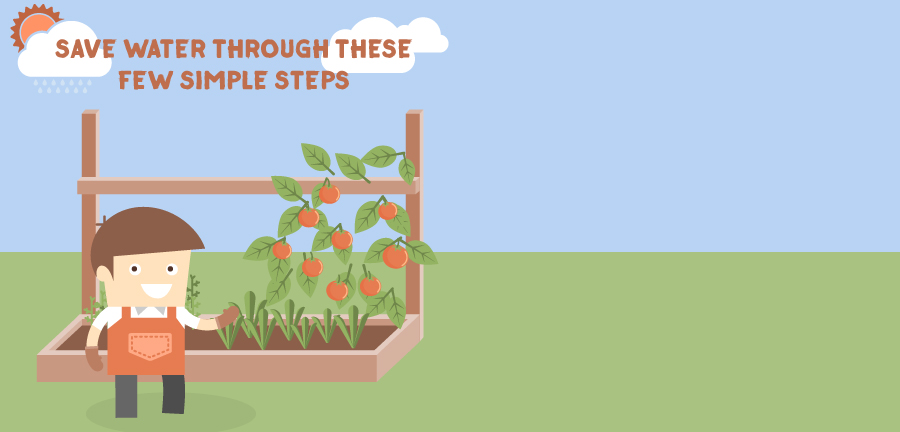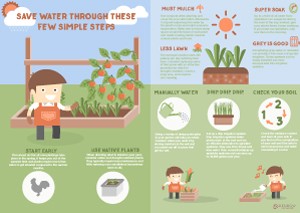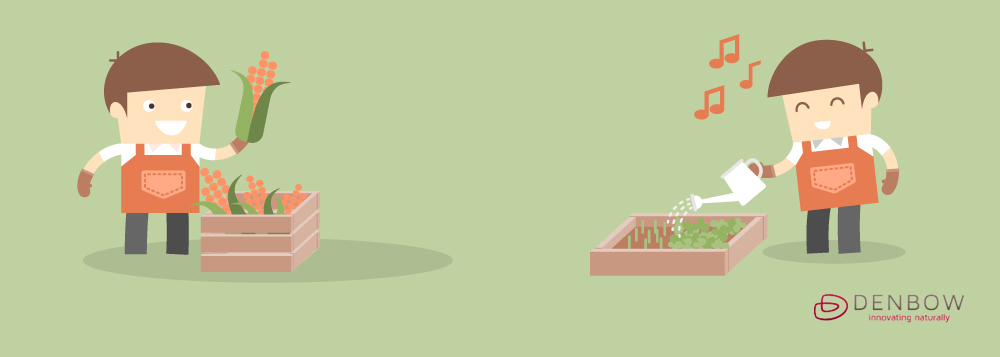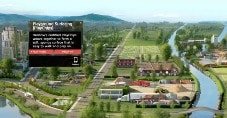We’ve had a pretty rainy start to our July. However, we know the dry season is will be here soon enough. Here’s a guide to help farmers and home owners maximize their water consumption through a few simple water saving techniques.
Plan ahead so that all new plantings take place in the spring. It keeps you out of the summer heat and plants require much less water to get situated compared to the warmer months.
When deciding what to install in your yard, consider native and drought-resistant plants. They typically require less maintenance and little watering once established (sometimes none at all).
Use compost when planting and cover the area with mulch afterwards. Compost and mulch help keep the water by the plant’s roots and mulch prevents evaporation. Make sure to leave some space around the base of each plant and resist creating mulch mounds around plants and trees.
Up to a third of all water from sprinklers can evaporate during the heat of the day. Instead, give your plants fewer, heavy soakings. If you must use sprinklers, only use them in the morning.
The averageCanadian uses 200 gallons per day watering their lawn. Consider replacing some of that grass with an attractive groundcover which is drought-resistant, covers a large area, and requires zero mowing.
Recapturing grey water or rainwater can provide a free source of garden irrigation. These systems can be easily installed and even incorporated into irrigation systems.
Using a variety of design principles in your garden will help you retain moisture where you need it by storing moisture in the soil and can assist run-off in areas that get too wet.
Set up a drip irrigation system. Drip irrigation systems water plants right at the root and are an efficient alternative to sprinkler systems. They use 20 to 50 percent less water than conventionalpop-up sprinkler systems and can save up to 30,000 gallons per year.
Check the moisture content and loam of your soil. If you find out the composition of your soil you’ll be able to see how pourous and water consuming it can be.










